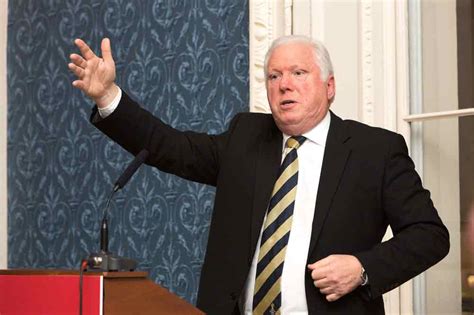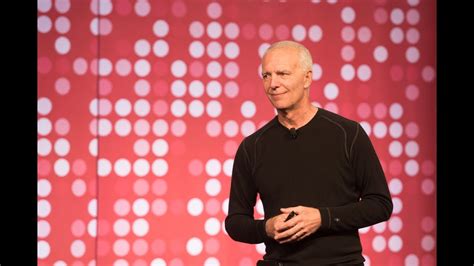Top 1200 Social Business Quotes & Sayings
Explore popular Social Business quotes.
Last updated on November 5, 2024.
Speeches by businessmen on social responsibility...may gain them kudos in the short run. But it helps to strengthen the already too prevalent view that the pursuit of profits is wicked.... There is one and only one social responsibility of business-to...engage in open and free competition without deception or fraud.
When we separate the word business into its component letters, B-U-S-I-N-E-S-S, we find that U and I are both in it. In fact, if U and I were not in business, it would not be business. Furthermore, we discover that U comes before I in business and the I is silent-it is to be seen, not heard. Also, the U in business has the sound of I, which indicates it is an amalgamation of the interests of U and I. When they are properly amalgamated, business becomes harmonious, profitable, and pleasant.
Business is the most powerful force in society. It has the highest potential for solving social problems. Once consumers saw examples of prosperous companies integrating social concerns into their business practices, they were emboldened to demand the same of other businesses. Businesses could no longer say it was impossible.
I used to be opposed to the idea of social entrepreneurship. I said, you know, let business be business, and philanthropy be philanthropy. Keep the two separate, don't mix it up, and this is what I did, and I did that rather successfully, but I now recognize that actually you do need to mix it up and I think there is room for social entrepreneurship.
Under the notion that unregulated market-driven values and relations should shape every domain of human life, the business model of governance has eviscerated any viable notion of social responsibility while furthering the criminalization of social problems and cutbacks in basic social services, especially for the poor, young people and the elderly.
In business, in the music world, people know that I can be very friendly and warm but that, after a certain moment, the business is closed. I like to be alone: in order to concentrate on my work, the social life does not exist. It has never existed for me, really. I have chosen instead the working life because I prefer that.
We would love to see Canadian federal and provincial governments establish a new business entity class like the CIC or L3C for social enterprises. Our governments should also offer tax incentives to entice more entrepreneurs into the social economy, and encourage foundations and impact investors to put their capital into social enterprises.
It violates right order whenever capital so employs the working or wage-earning classes as to divert business and economic activity entirely to its own arbitrary will and advantage, without any regard to the human dignity of the workers, the social character of economic life, social justice, and the common good.
Businesses must reconnect company success with social progress. Shared value is not social responsibility, philanthropy, or even sustainability, but a new way to achieve economic success. It is not on the margin of what companies do but at the center. We believe that it can give rise to the next major transformation of business thinking.






















































